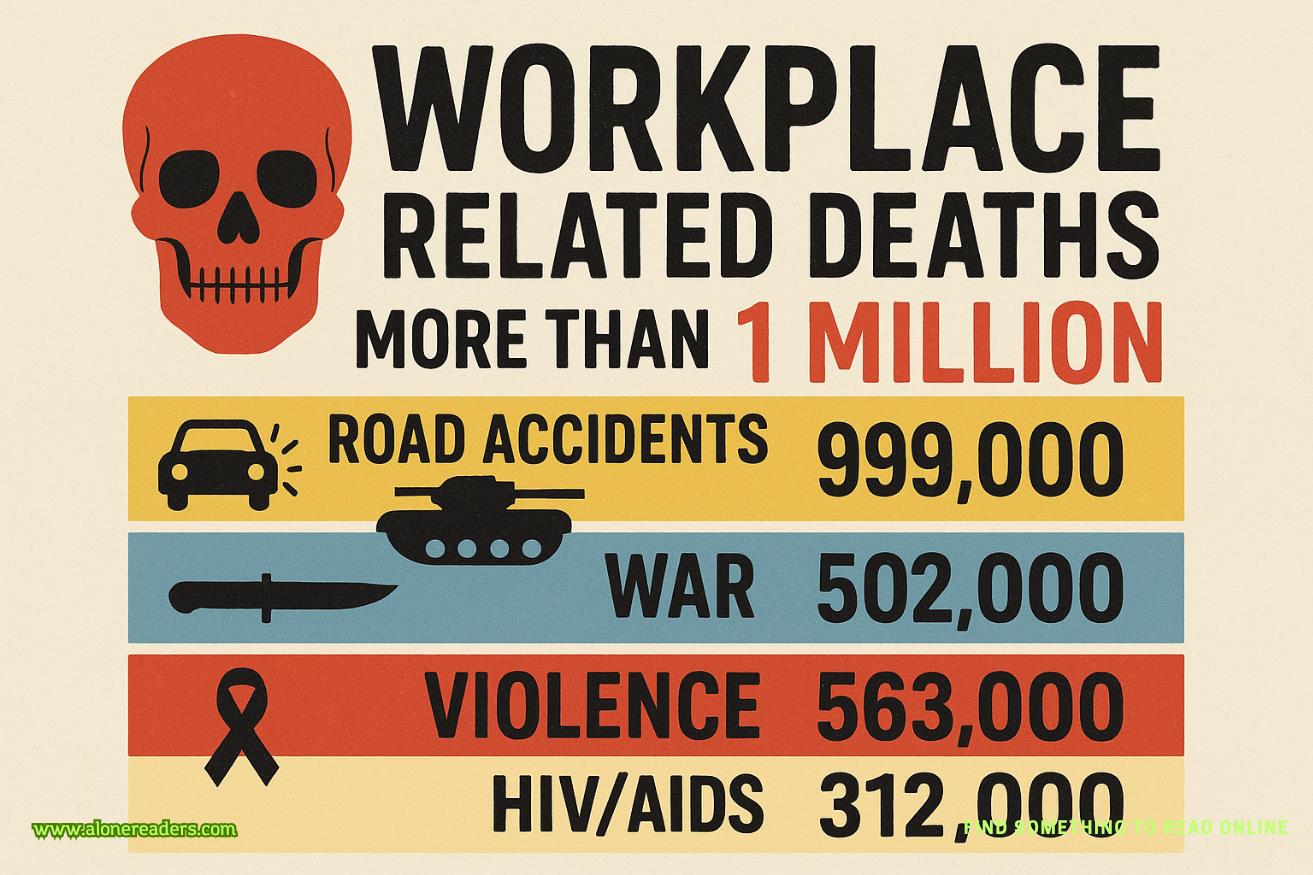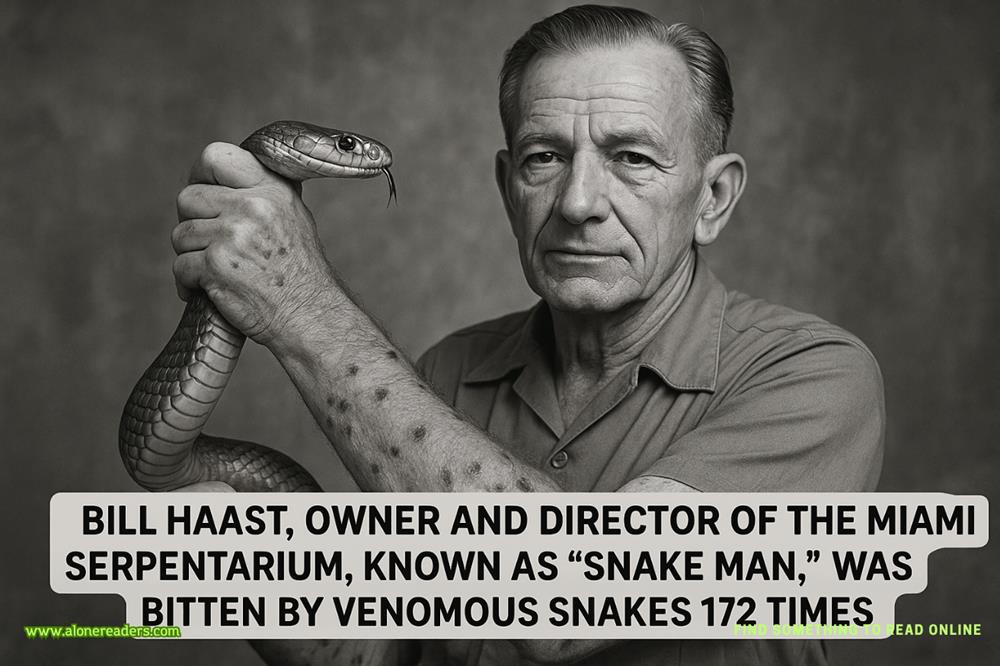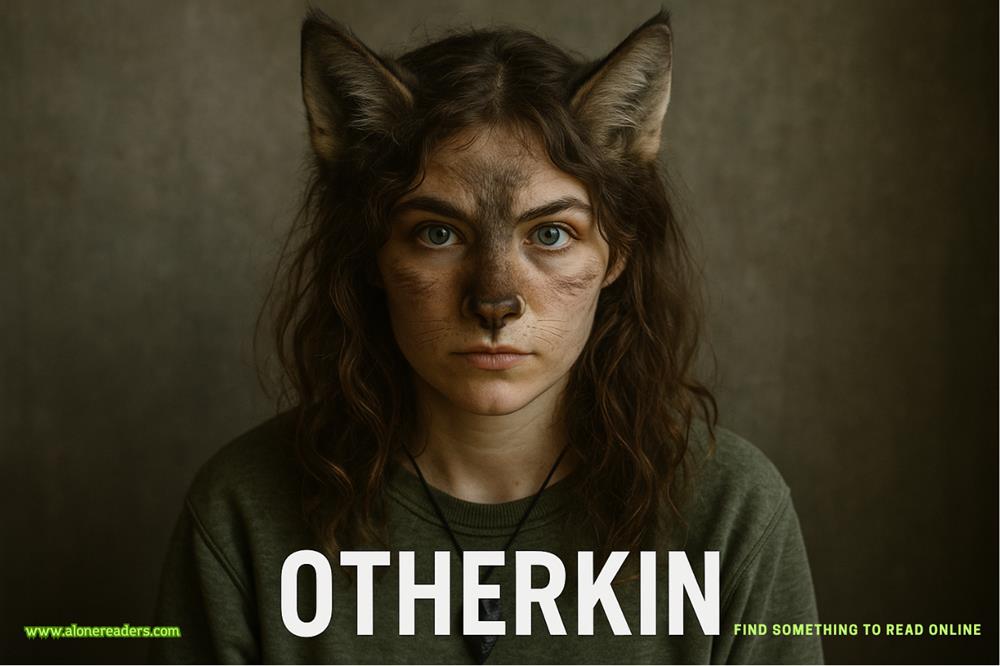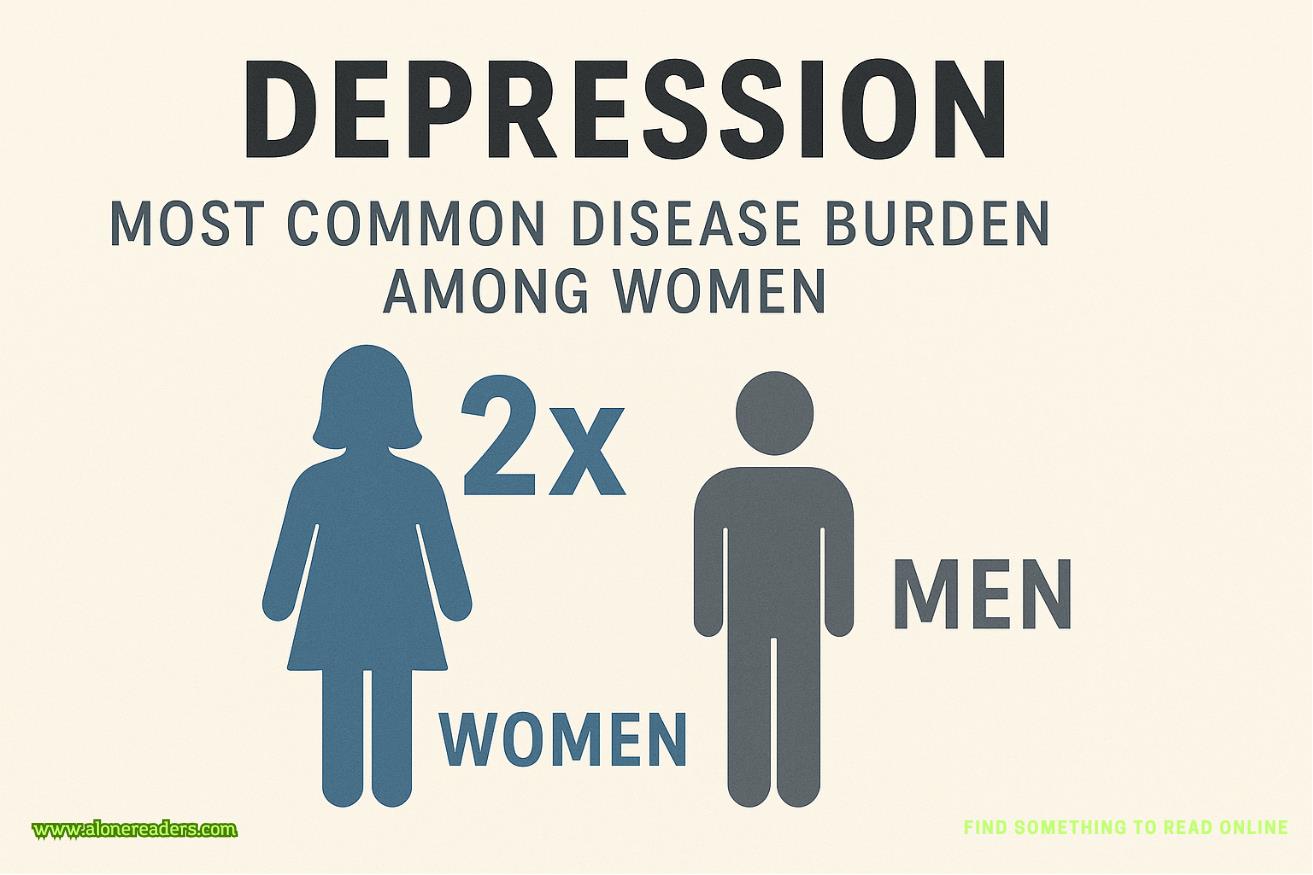Page 10 of Child of Mine
Ignoring their bickering, I focus on Jess’s question. “The writers wrote some in, but I did make up more. It was mostly about her father. She craved his attention, but no matter what she did, he never gave it to her for long.”
Sounds like someone else I know,Quinn mutters.
Jess sits back in her seat. “I can’t imagine playing a character for that long. I mean, at some point, it would have to affect your personality.” She pats my thigh. “Not that I think you’re a mean girl, but I can see how you’d have to organize those inner thoughts.”
She doesn’t press for more details. Instead, she enlists my help in naming her own inner mean girl. Someday I’ll tell her how grateful I am for her friendship, but for now, I’m just going to enjoy the feeling of trusting another person with one of my many secrets.
* * *
A few hours later,as I steer myself through the crowd of faithful Shakespeare Boston supporters, smiling and nodding and making small talk, my grip on sobriety is shakier than usual. Working in the bookstore and parenting Lilah, I can pretty easily avoid situations where people are drinking. Since returning to the theater last summer, it’s been a bit more challenging. I’ve only entered a bar one time in the past seven years. After the closing ofTwo Gentlemen of Verona,a few of us took Ben for drinks before dropping him at the airport for a flight to Los Angeles. I felt so guilty about how my big mouth had messed things up between him and his girlfriend Lucy that I rallied the gang to make sure he knew we all loved him.
Thankfully, those two worked things out, and Ben’s an East Coaster now. Now that I think about it, nobody at Shakespeare Boston has ever questioned my excuses for avoiding alcohol at the handful of parties I’ve attended. I suppose they either think it’s because I’m a mom or they just don’t care.
Anyway, today’s afternoon barbecue and this evening’s gala are different from the never-ending partying I did in New York. As I take a sip of sparkling water with lime, I remind myself that I’m lucky to be here. I’m lucky to have Jess and real friends in my life. Friends that don’t feel like they might stab me in the back if the situation warranted it. Just as I’m wondering what has made the difference, I hear my childhood nickname.
“Izzy?”
I steel myself for aBoomfan. Since I shifted to Bella when I moved back to Boston, I can tell what kind of encounter it’ll be by the name a stranger uses. If they call me Quinn, it’ll be a negative reaction, like Cal’s. If Bella, it’s usually a Shakespeare buff or a book person. But when it’s Izzy, they’ll want to tell me how we did a play they wrote or a game they made up. The show’s premise was “for kids, by kids,” so if a viewer sent in a suggestion that the producers thought would be fun, it went on the shooting schedule to be performed with little rehearsal or skill, but a lot of enthusiasm.
Instead of a stranger, I find a familiar face. “Oh my goodness, Carol. You look exactly the same.”
The slim, well-dressed woman laughs. “You’re too kind. I feel like it’s been thirty years instead of fifteen since I saw you last—in person, at least. You’re all grown up.”
It’s my turn to laugh. “Yeah, I think I’m still working on that.”
“Me too. Working with kids will do that to you.”
“Are you still at WGBH?”
She nods. “I am now the head of children’s programming.”
“Congratulations. I love that.” Carol was an associate producer onBoom. There was a director that called the shots—literally, he was in charge of the cameras and how the segments were filmed—but APs like Carol were the ones that coached us kids through bringing viewer letters to life.
We spend a few minutes catching up—we bothhavekids now. Unlike me, she’s married. She compliments my work in the scenes we performed earlier in the evening and says she’s sorry she missed seeing me in any of last season’s shows.
“It’s funny that I saw you tonight, though,” she says, tapping a finger on her chin. “We’re gearing up to shoot a reboot ofBoom.”
“In the summer? Not during the school year?”
“Yes,” she says. “For better or worse, the shop is union now, so we can’t work kids at night after they’ve been in school all day.”
“Makes sense. I mean, adrenaline got me through it all, but I do remember being pretty exhausted the day after taping.”
“I think it’ll be good in the long run. We’ll have the kids five days a week and get the season wrapped in a shorter period of time. It’s less disruptive for them.”
“Maybe it’ll cut down on the bullying too.” It wasn’t too bad for me, but some cast members were teased mercilessly in school after episodes began airing. More than once, we had to bolster a fellow castmate’s confidence before we could get to work.
Carol nods. “This will give them a little distance from their regular life. We’re also going to do team building to help create a cast dynamic.” She makes a face I remember so well. The one where she’s got an idea but is worried it might be too out in left field.
Laughing, I say, “Just spit it out. I know that expression.”
She laughs. “You always were so perceptive… and so interested in how things worked.” Tipping her head to the side, she adds, “I remember you hanging out in the control room with the adults rather than playing charades or board games in the green room with the other kids.”
“Huh, I forgot about that.” Picturing that now, I remember how welcoming the crew was. They put me on headset and even asked my opinion about things on occasion. Not that they used many of my ideas.
“So, what’s your commitment to the theater this summer?” Carol asks. “Any chance you’d have time to play associate producer as well? We just had an AP have to take an early maternity leave to go on bed rest, and we’re scrambling to find someone to step in.”
This is not where I thought this conversation was going. I figured she was working up to asking me to help with a fund drive or something. “Wow. That sounds fun, but I’d have to see. I’m a single parent.”















